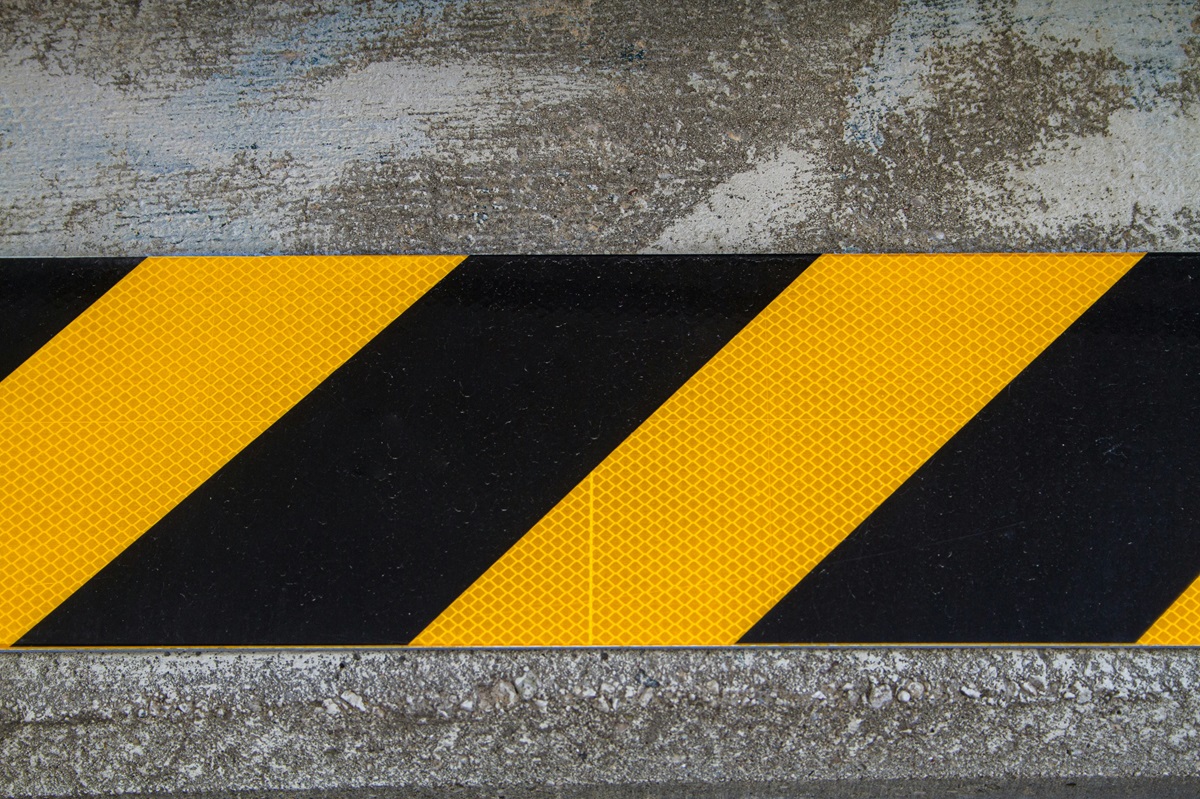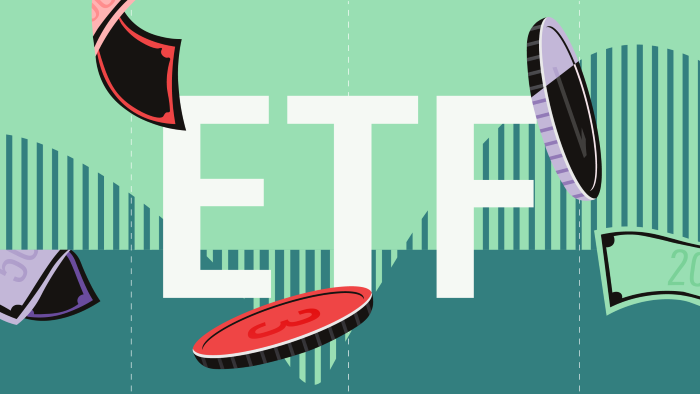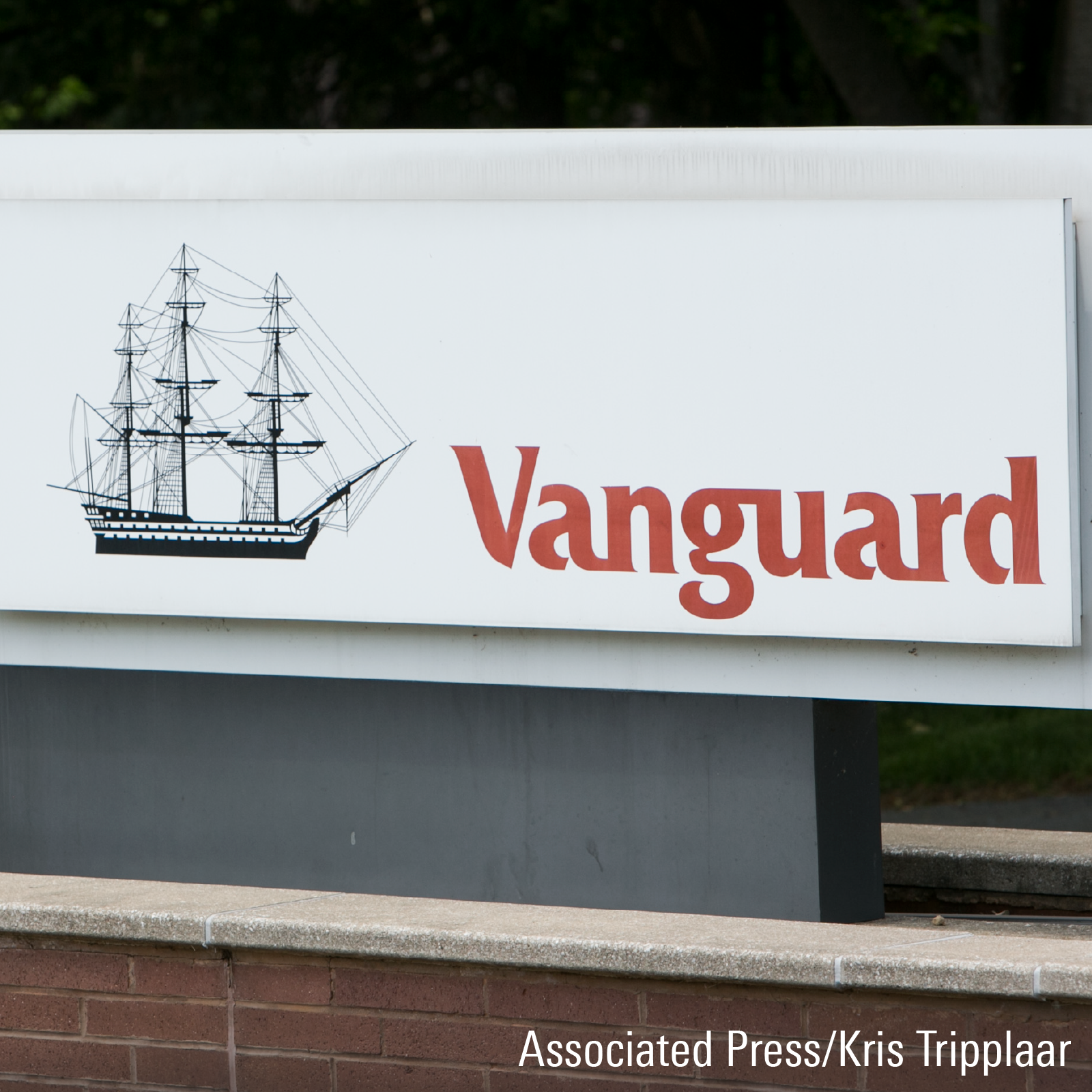
ARK Disruptive Innovation (ARKK) shows few signs of improving its risk management or ability to successfully navigate the challenging territory it explores. Its Morningstar Analyst Rating drops to Negative from Neutral as its People and Parent ratings both drop to Below Average from Average.
Since its meteoric rise in 2020, the strategy's exchange-traded fund (ETF) has been one of the worst-performing US-sold funds, as the aggressive-growth stocks it held fell back to earth. Its wretched 45.5% loss over the trailing 12 months through February 2022 significantly lagged the 7.9% decline of the average fund in the technology Morningstar Category and the Russell Midcap Growth Index’s 4.3% loss. (The strategy behaves more like a tech fund than its own mid-growth category.)
For UK readers, this is relevant because of the way ARKK has been distributed. London-listed ETFs Leverage Shares offer exposure to the strategy, though it's not clear entirely how many UK investors put money in. Some Europeans also invested directly in the US iteration of the ETF when it was "hot" back in 2020/21.
Manager Cathie Wood has since doubled down on her perilous approach in hopes of a repeat of 2020, when highly volatile growth stocks were in favor. She has saddled the portfolio with greater risk by slashing its number of stocks to 35 from 60 less than a year ago--thereby amplifying stock-specific risk--and growing its aggregate exposure to companies in which ARK Investment Management is a large shareholder. The strategy has effectively become less liquid and more vulnerable to severe losses. Wood runs a variety of exchange-traded funds that often make shared bets on stocks and can’t close to new investors--an option open-end mutual fund rivals can use to preserve their liquidity and investment opportunity set. The firm has no risk-management personnel.
Wood’s reliance on her instincts to construct the portfolio is a liability. This is a high-risk, benchmark-agnostic portfolio that invests across technology platforms the team thinks will revolutionize how sectors across the globe operate. The firm favors companies that are often unprofitable and whose stock prices are highly correlated. Rather than gauge the portfolio’s aggregate risk exposures and simulate their effects during a variety of market conditions, the firm uses its past as a guide to the future and views risk almost exclusively through the lens of its bottom-up research into individual companies.
ARK has in place a poor succession plan for the 66-year-old Wood, who is essential as the firm's majority owner and lone portfolio manager. Director of research Brett Winton would succeed her if needed, but his 15 years of industry experience include none as a manager. Exacerbating that key-person risk is the firm’s inability to develop and retain talent: Many of its analysts have come and gone, and most of the nine remaining lack deep industry experience.
Wood has suggested that risk management lies not with her but with those who invest in ARK’s funds. It’s tough to see why that should be so. ARK could do more to avert severe drawdowns of wealth, and its carelessness on the topic has hurt many investors of late. It could hurt more in the future.





















